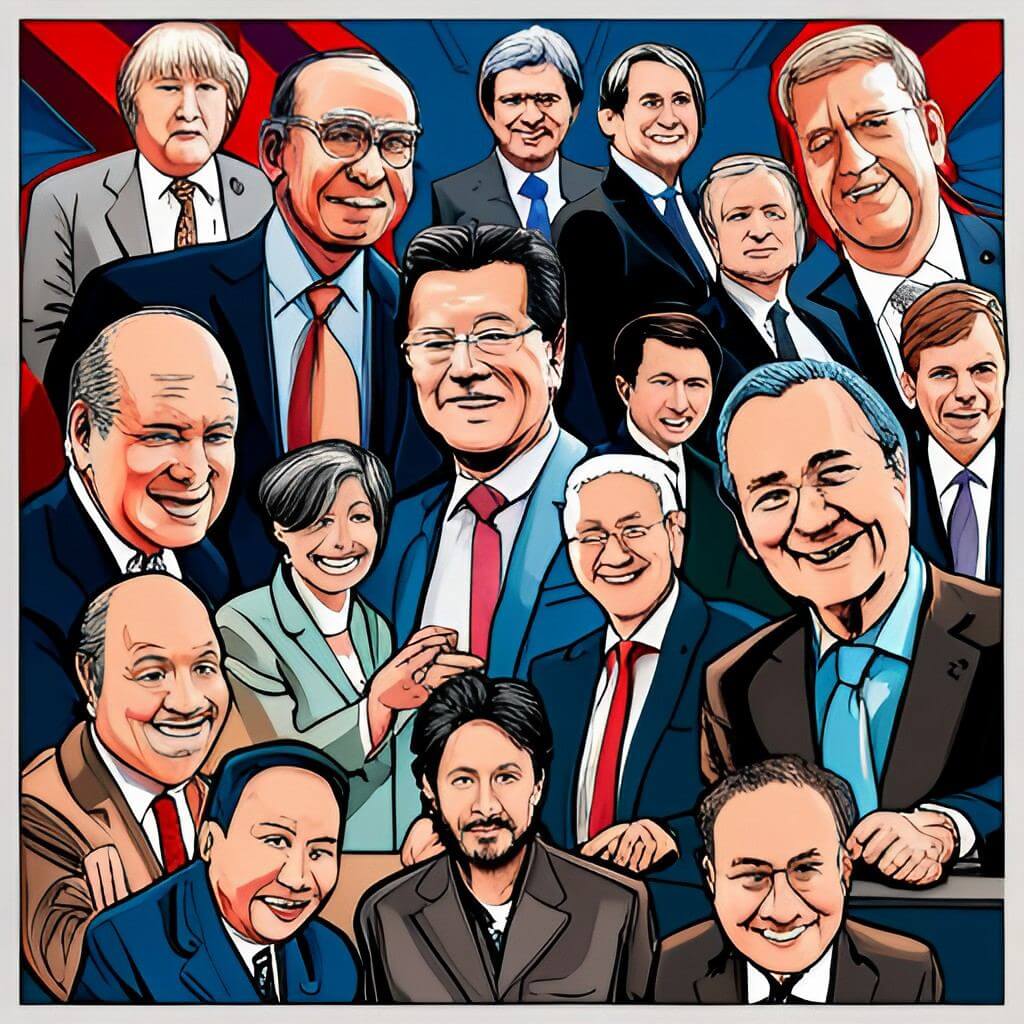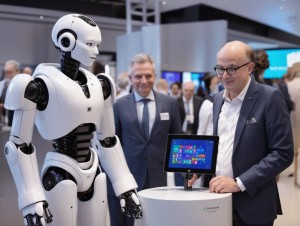In the Argentine presidential election, the ascent of Javier Milei to the presidency was not just a triumph of political strategy but also marked a paradigm shift in the use of technology. The deployment of generative AI became a pivotal tool for Milei and his rival, Sergio Massa, as they engaged in a digital warfare of fabricated images and videos to capture the electorate’s attention and influence the outcome of the race.
Amid the fierce campaign, the use of generative AI took center stage, with Milei’s team publishing a provocative image portraying Massa as a communist military figure, garnering a staggering 3 million views on social media. The utilization of AI technology by political campaigns raised concerns, as noted by Darrell West, a senior fellow at the Center for Technology Innovation at the Brookings Institution.
AI’s influence on the campaign
Under the banner of right-wing libertarianism, Milei secured a decisive victory with 56% of the vote, tapping into public discontent with the political mainstream. The AI-generated content used by Milei’s team played a crucial role in shaping the narrative, depicting Massa in various satirical scenarios. The use of generative AI allowed for the creation of images and videos that resonated emotionally with voters, rapidly spreading across social media platforms.
On the opposing side, Massa’s team employed generative AI through an unofficial Instagram account named “AI for the Homeland.” The AI-generated content ranged from depicting Massa as a Roman Emperor to a boxer and even placing him in scenes reminiscent of a war film. The AI battleground extended to portraying Milei and his team as zombies and pirates, utilizing satire to influence public perception.
The deployment of generative AI in the Argentine election is not an isolated incident but part of a broader global trend. The rise of “generative AI” tools, exemplified by platforms like Midjourney, enables the creation of fabricated images and videos at a low cost. Concerns about the ethical implications of using such technology in political campaigns extend beyond Argentina, with upcoming elections in the United States, Indonesia, and India facing similar challenges.
The threat of deepfakes and democracy
As generative AI becomes more accessible and convincing, the risk of deepfakes poses a significant threat to democracy. The malleability of AI algorithms, trained on vast online footage, allows for the creation of realistic but entirely fabricated content, including images, voice recordings, and videos. The recent circulation of a doctored video during the campaign, falsely depicting Massa using drugs, exemplifies the dangerous potential of deepfakes in spreading misinformation.
The cat-and-mouse game between disinformation researchers and social media platforms illustrates the challenges in combating the deceptive nature of AI-generated content. Calls for disclosure labels on material containing deepfake images highlight the urgency to safeguard the democratic process. Meta Platforms’ decision to mandate disclosure for AI-altered advertisements indicates a growing recognition of the need for transparency in digital campaigning.
Democracy in the age of generative AI
As generative AI continues to evolve, the implications for global elections become increasingly profound. The intersection of technology and politics poses challenges that transcend national borders. In a landscape where distinguishing between real and fake becomes a formidable task, the question arises: How can democracies adapt to the era of AI-driven disinformation while preserving the integrity of elections? The path forward demands a collective effort to establish robust regulatory frameworks that safeguard democratic processes from the manipulative potential of generative AI.




